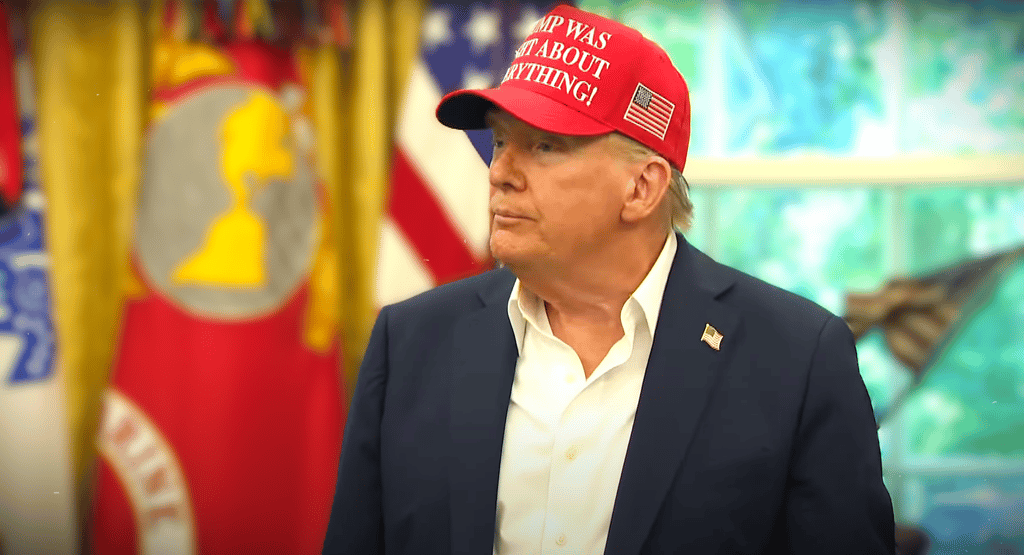“Trump Deploys National Guard to Washington’s Safest Sites Amid Criticism”
Trump deploys 2,000 National Guard troops across Washington, D.C., including safe tourist areas. Critics call it political theater, not real crime prevention.
Raja Awais Ali
8/23/20252 min read


federal Forces on the Mall: Trump Deploys National Guard to Washington’s Safest Sites
On August 23, 2025, President Donald Trump intensified his anti-crime campaign by deploying nearly 2,000 National Guard troops across Washington, D.C. The deployment, however, has drawn widespread attention because most of the troops were stationed in low-crime, high-profile areas such as the National Mall and Union Station.
Washington, D.C., unlike U.S. states, does not have a governor, giving the president unique authority to place the D.C. Police under federal control through provisions of the Home Rule Act. Critics argue that Trump is exploiting this legal gap for political gain, pointing out that crime rates in the city have actually been declining steadily in recent years.
Initially, Guard members were deployed without weapons, engaging mostly in symbolic duties—standing watch, assisting tourists, or cleaning litter in public areas. But on August 22, the Pentagon authorized these troops to carry service-issued firearms. Defense Secretary Pete Hegseth (a close Trump ally currently serving as Secretary of Defense) confirmed that the Guard would be armed “for missions as required,” signaling a tougher stance ahead.
The move has sparked mixed reactions. A Washington Post–Schar School poll revealed that 61% of residents said they feel less safe with the heightened military presence, while only 18% said they feel more secure. During a visit to Union Station, Vice President J.D. Vance—another senior Trump ally—was met with loud boos and chants of “Free D.C.!” as protesters condemned the federal takeover.
Local officials, including Mayor Muriel Bowser, denounced the deployment as an unnecessary show of force and a violation of D.C.’s limited autonomy. “The city is not under siege,” Bowser argued, citing data that violent crime has been trending downward. For her and many residents, the Guard’s presence is less about safety and more about political theater.
Despite the criticism, Trump has doubled down, framing the action as part of a national crackdown on crime and even hinting at similar federal interventions in Chicago and New York. His message: America’s cities must reflect “law and order” under his administration.
With the U.S. approaching its 250th anniversary celebrations in 2026, the deployment of federal troops in the capital is likely to remain a defining controversy. Supporters see it as a bold stand against urban crime, while opponents fear it sets a dangerous precedent for federal overreach.
For now, the sight of armed Guard members patrolling Washington’s safest streets reflects not a city in crisis but a political battle over power, perception, and the future of urban governance under Trump’s second term.